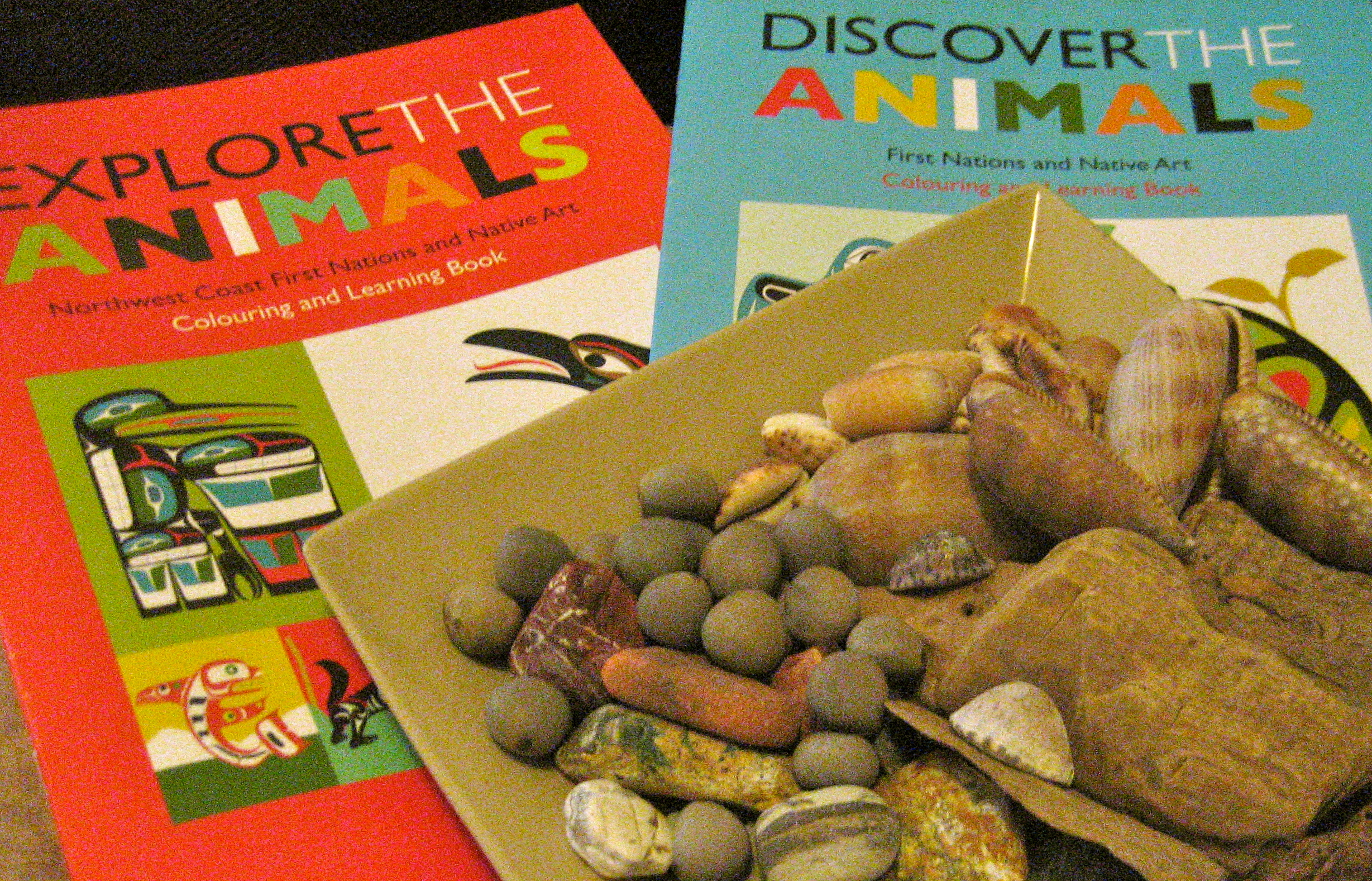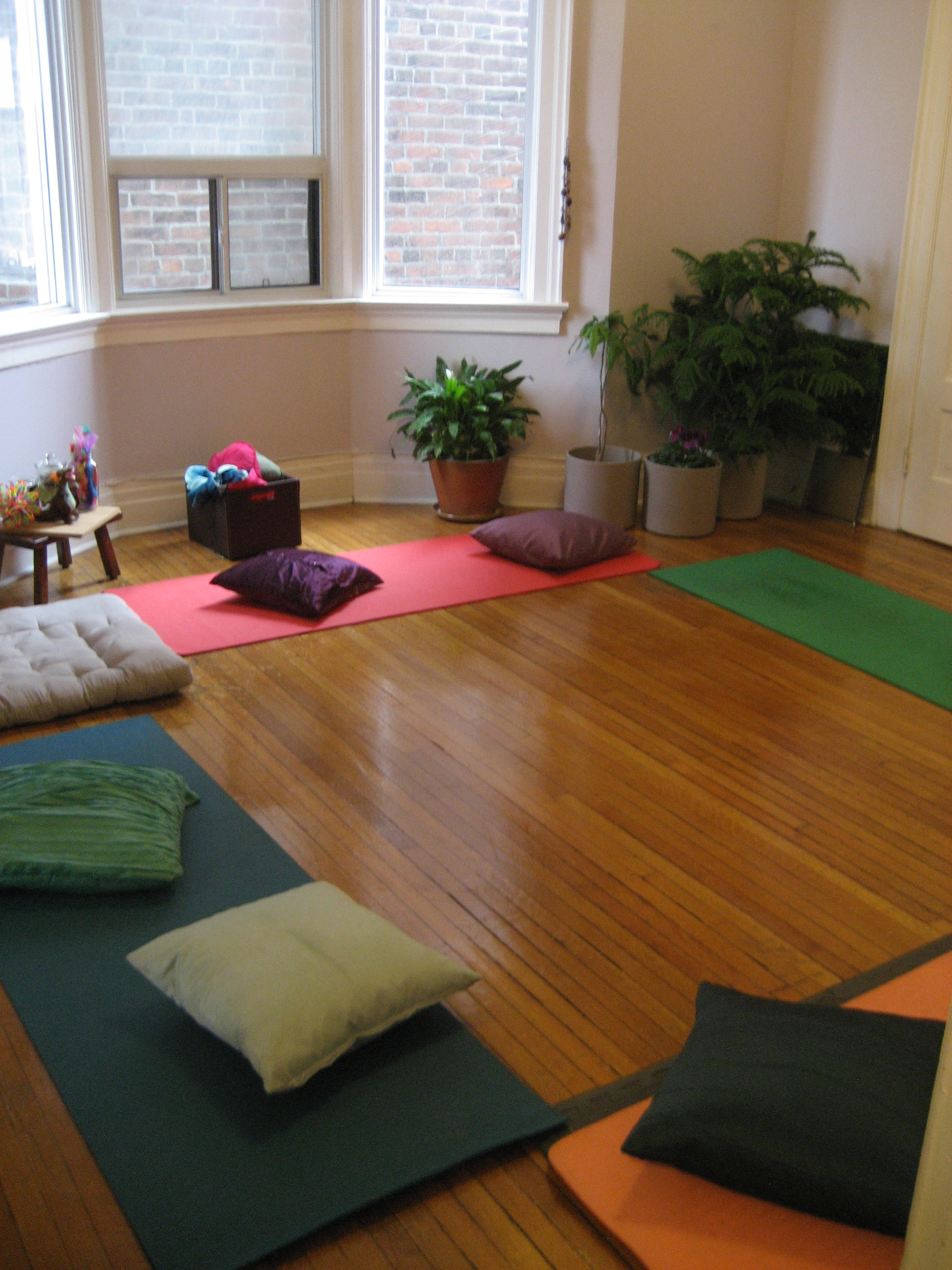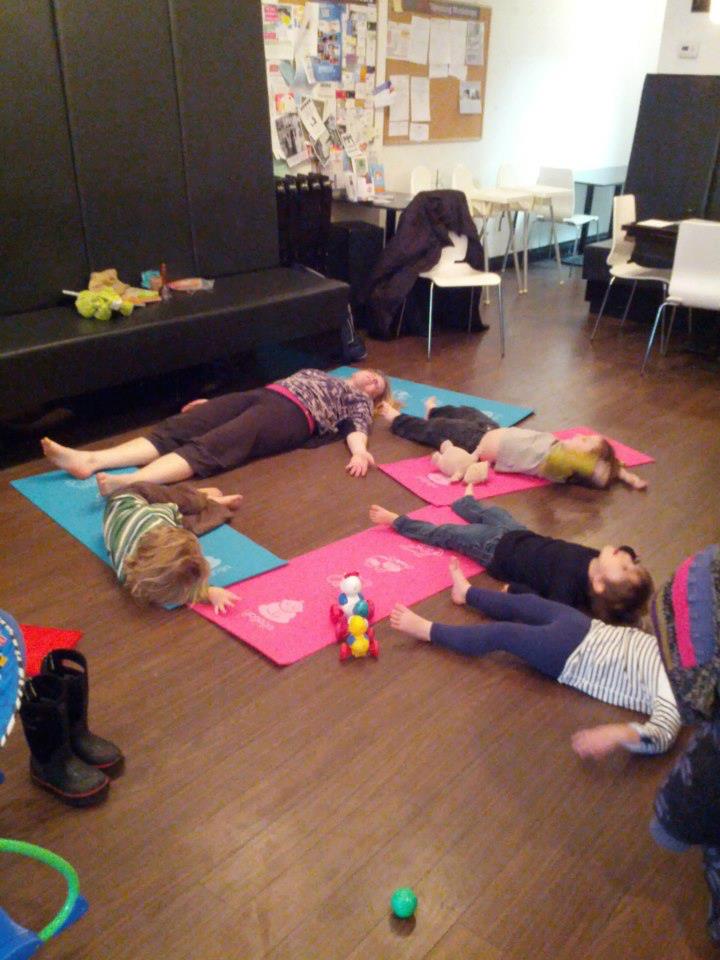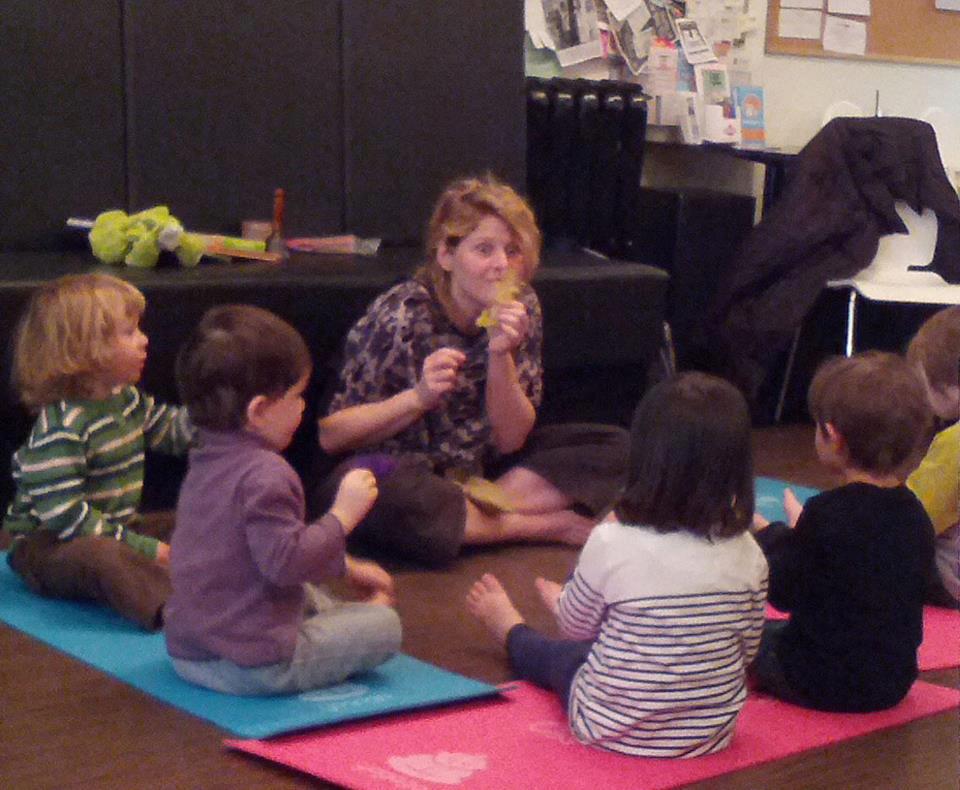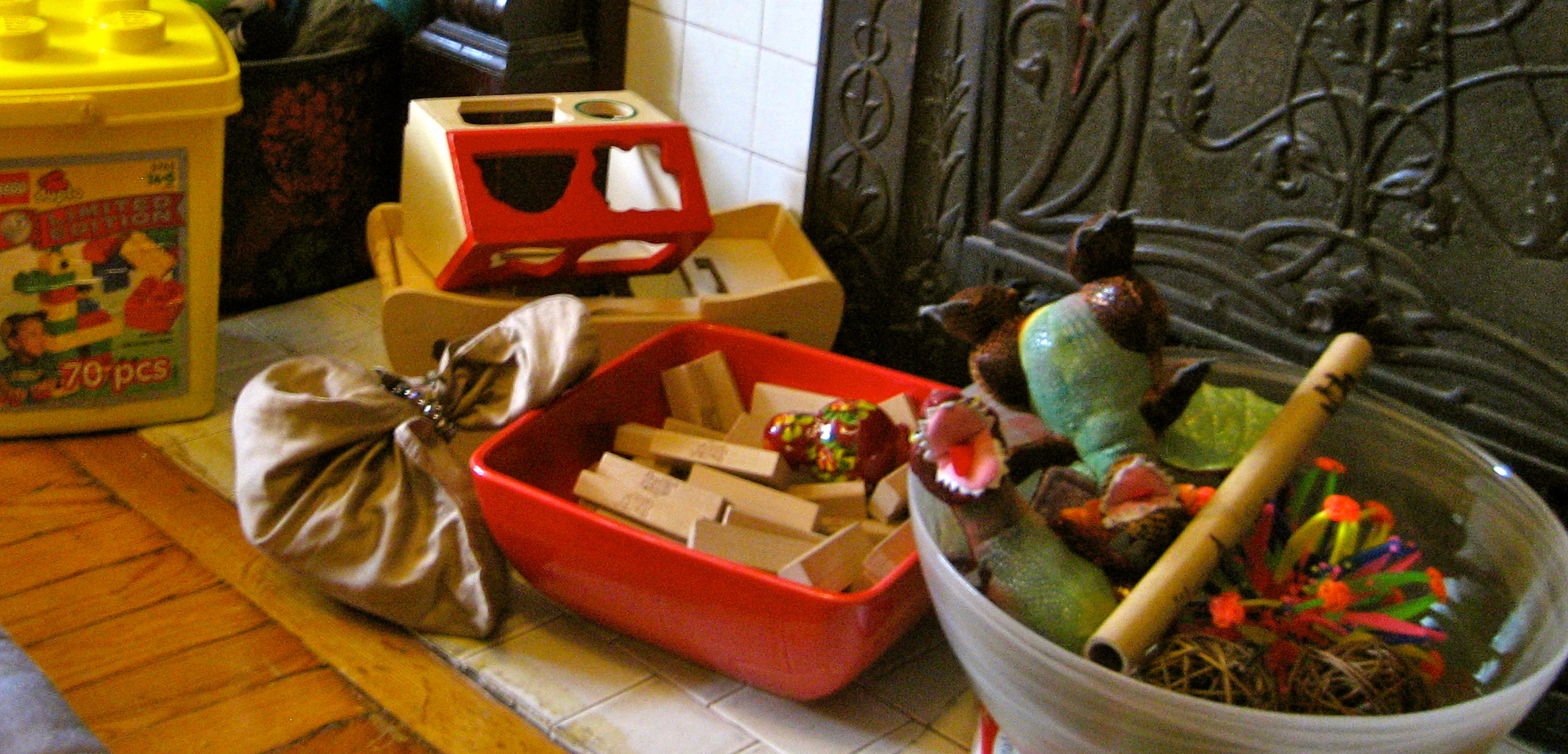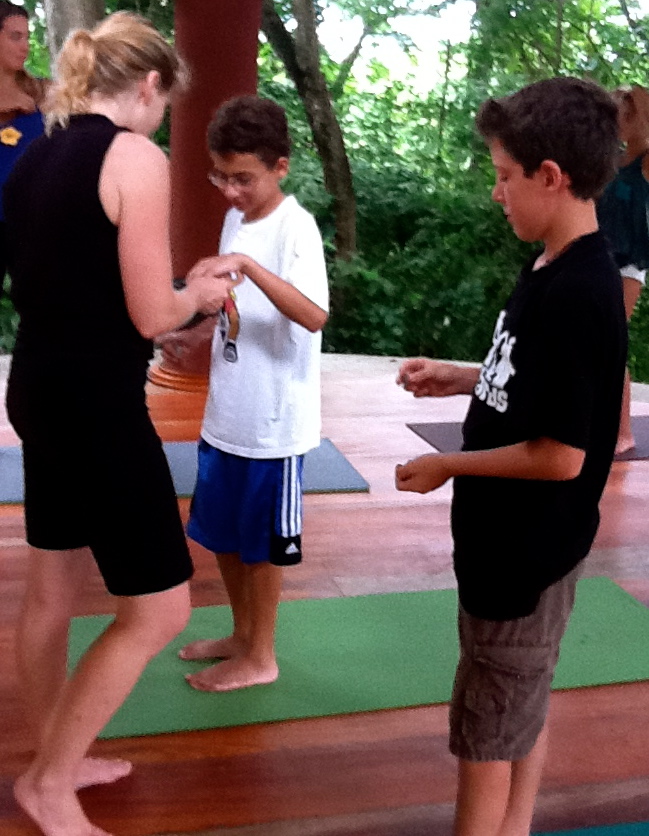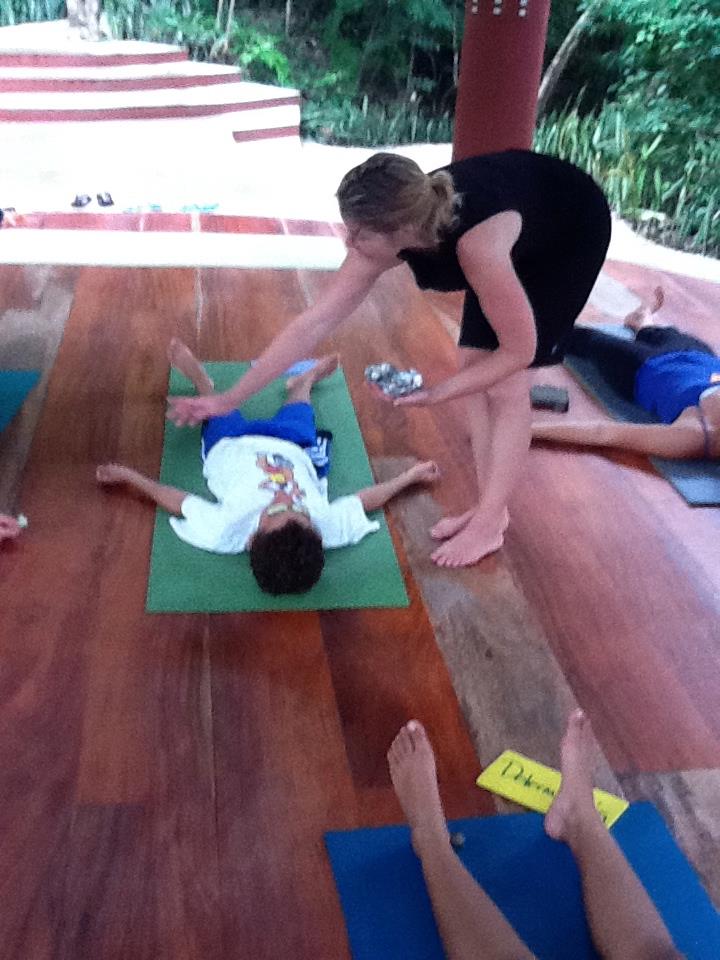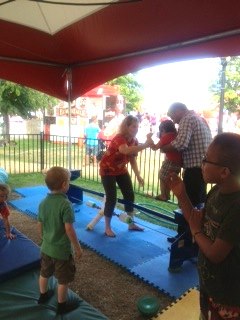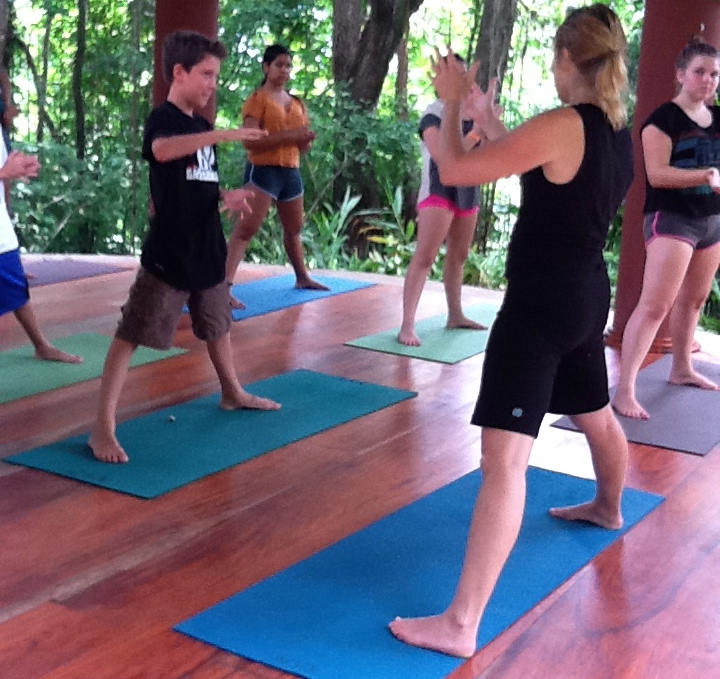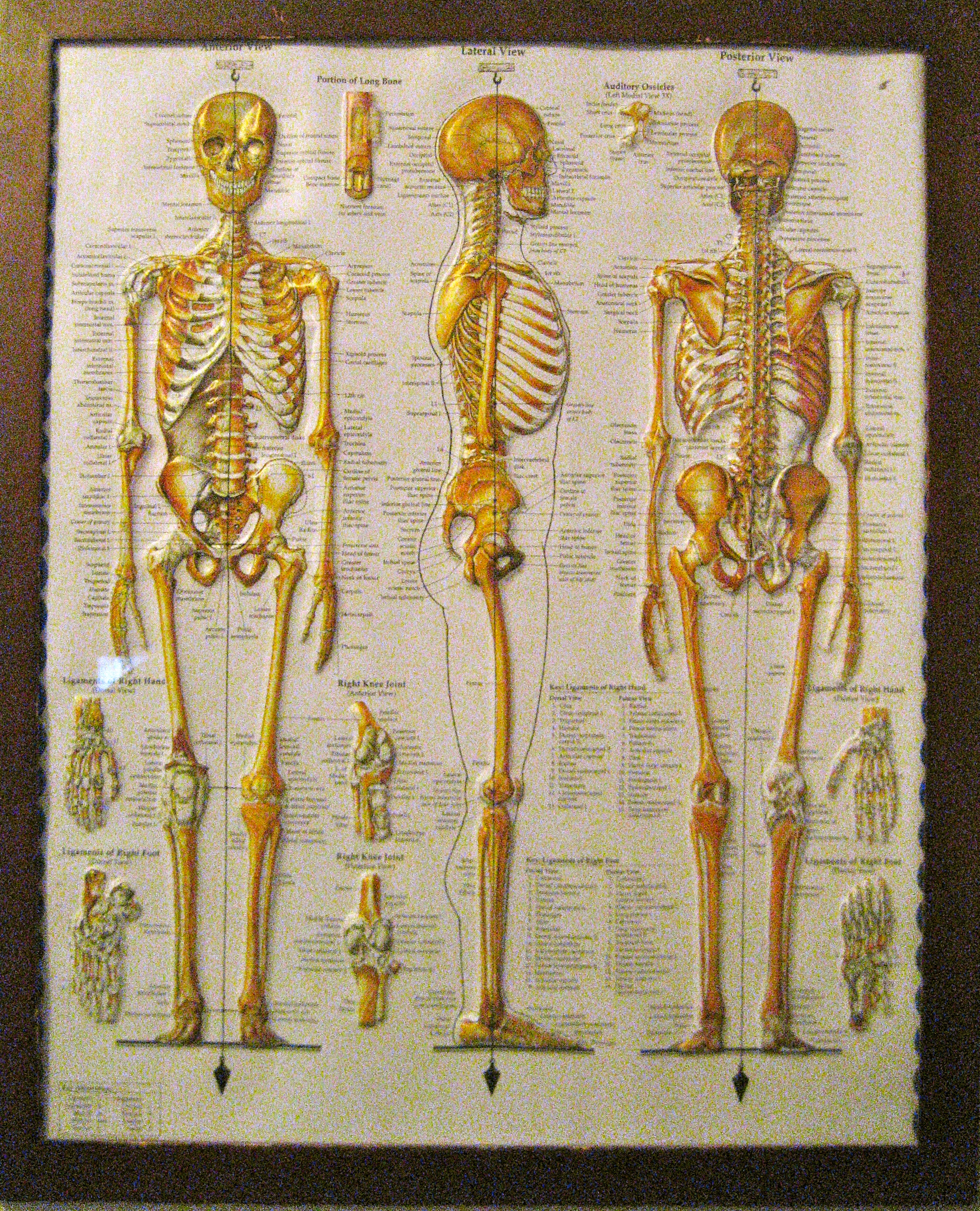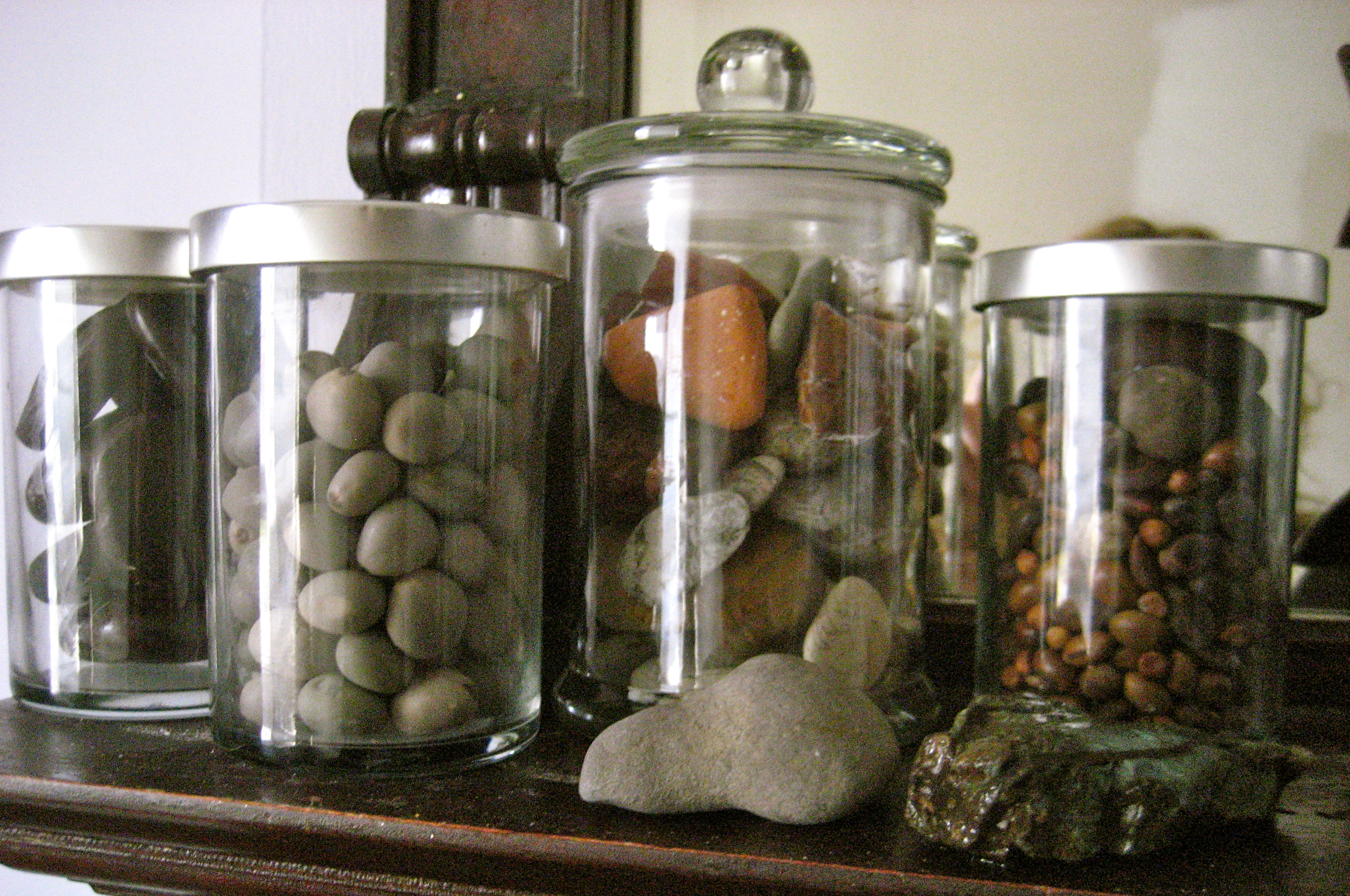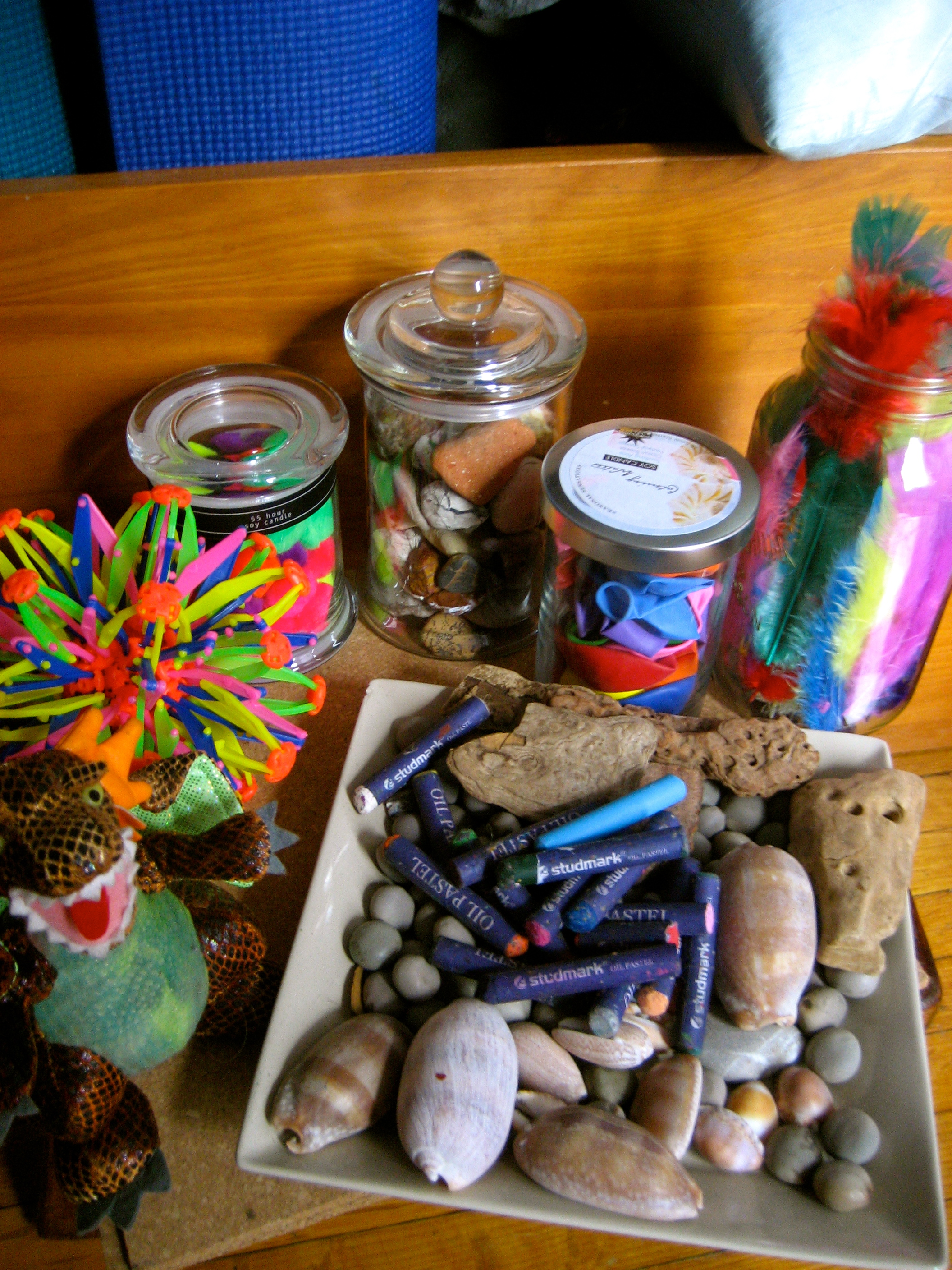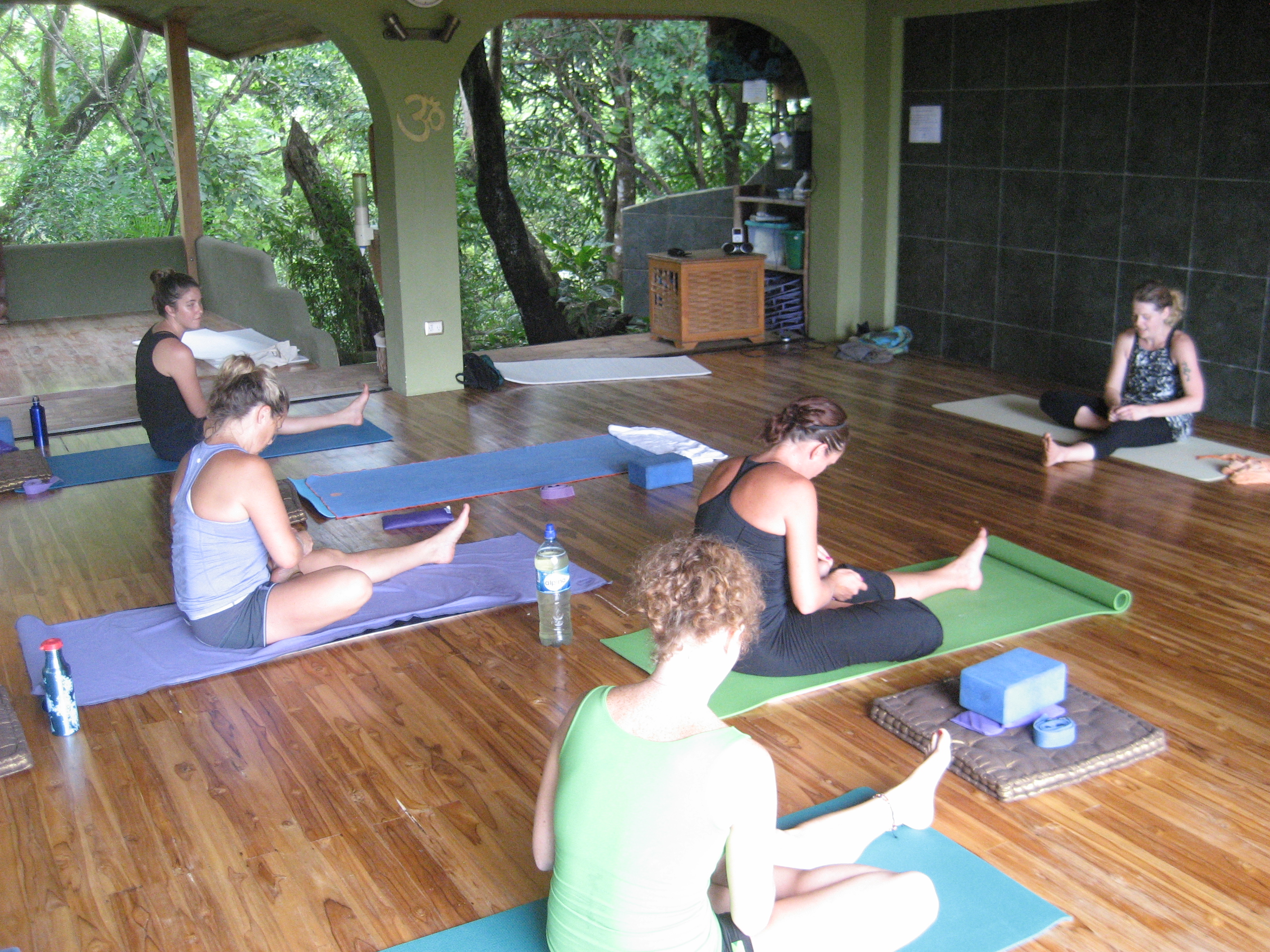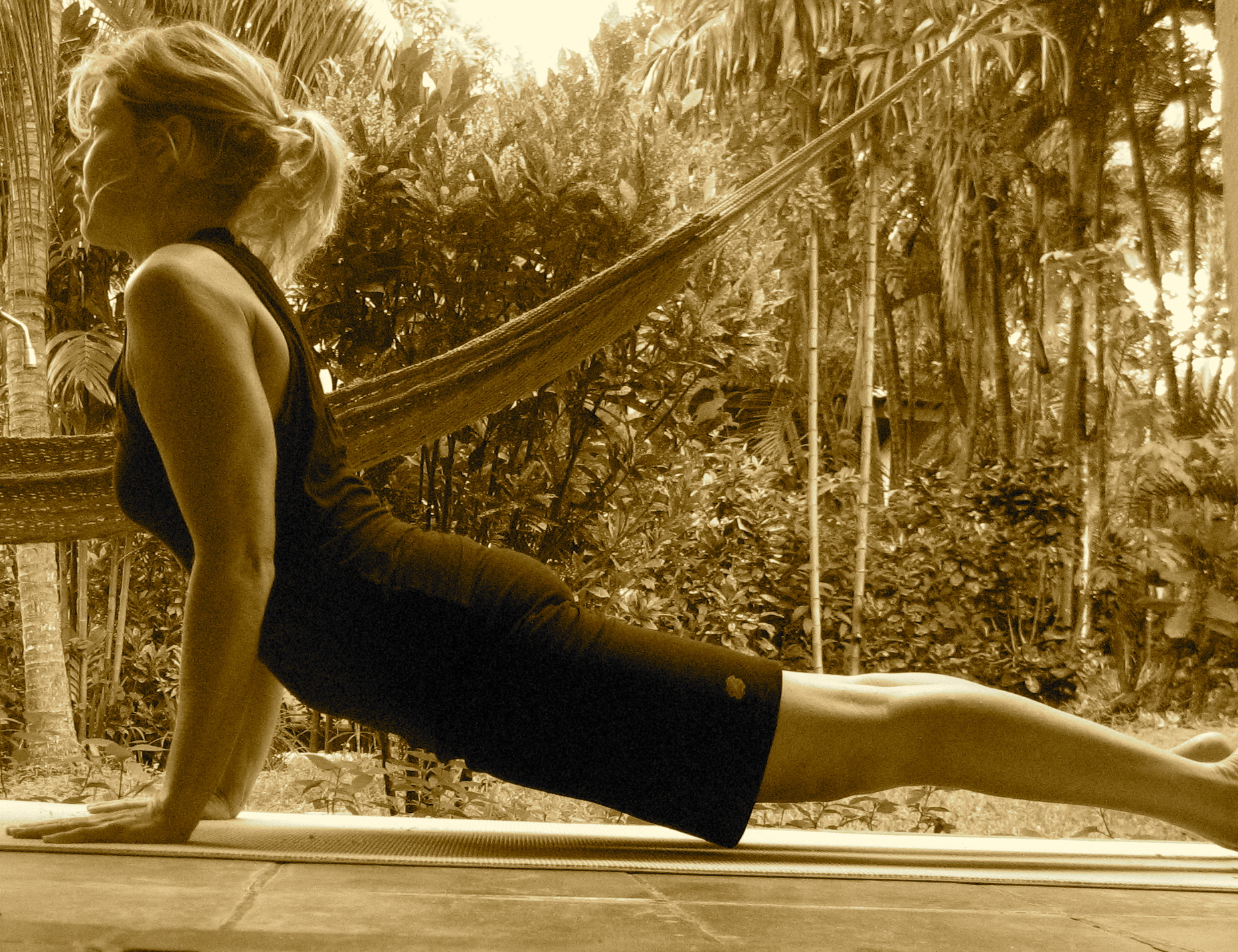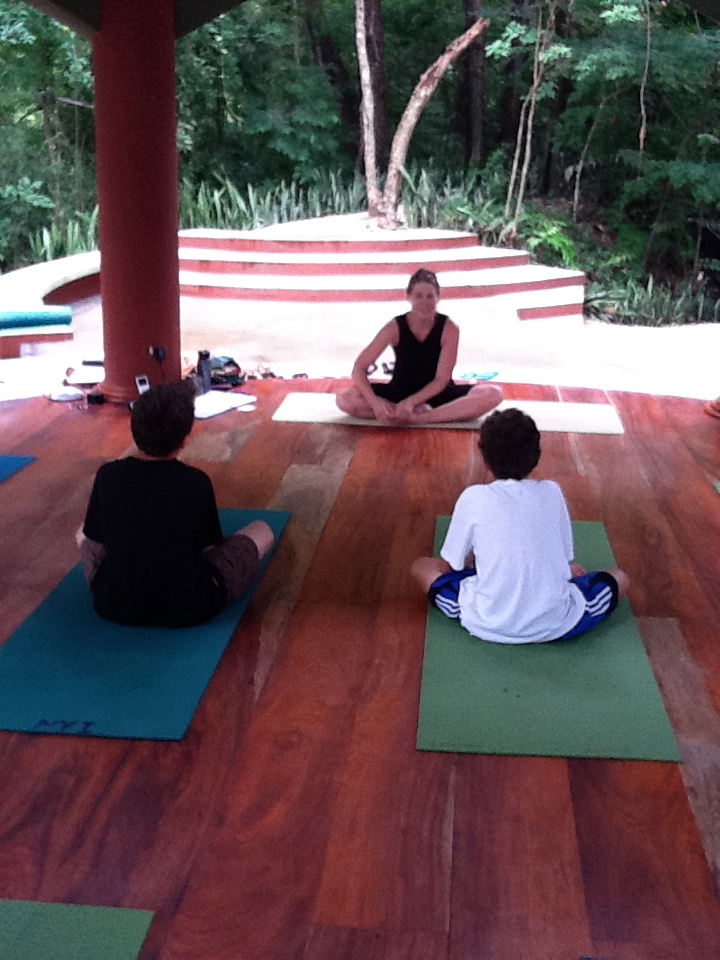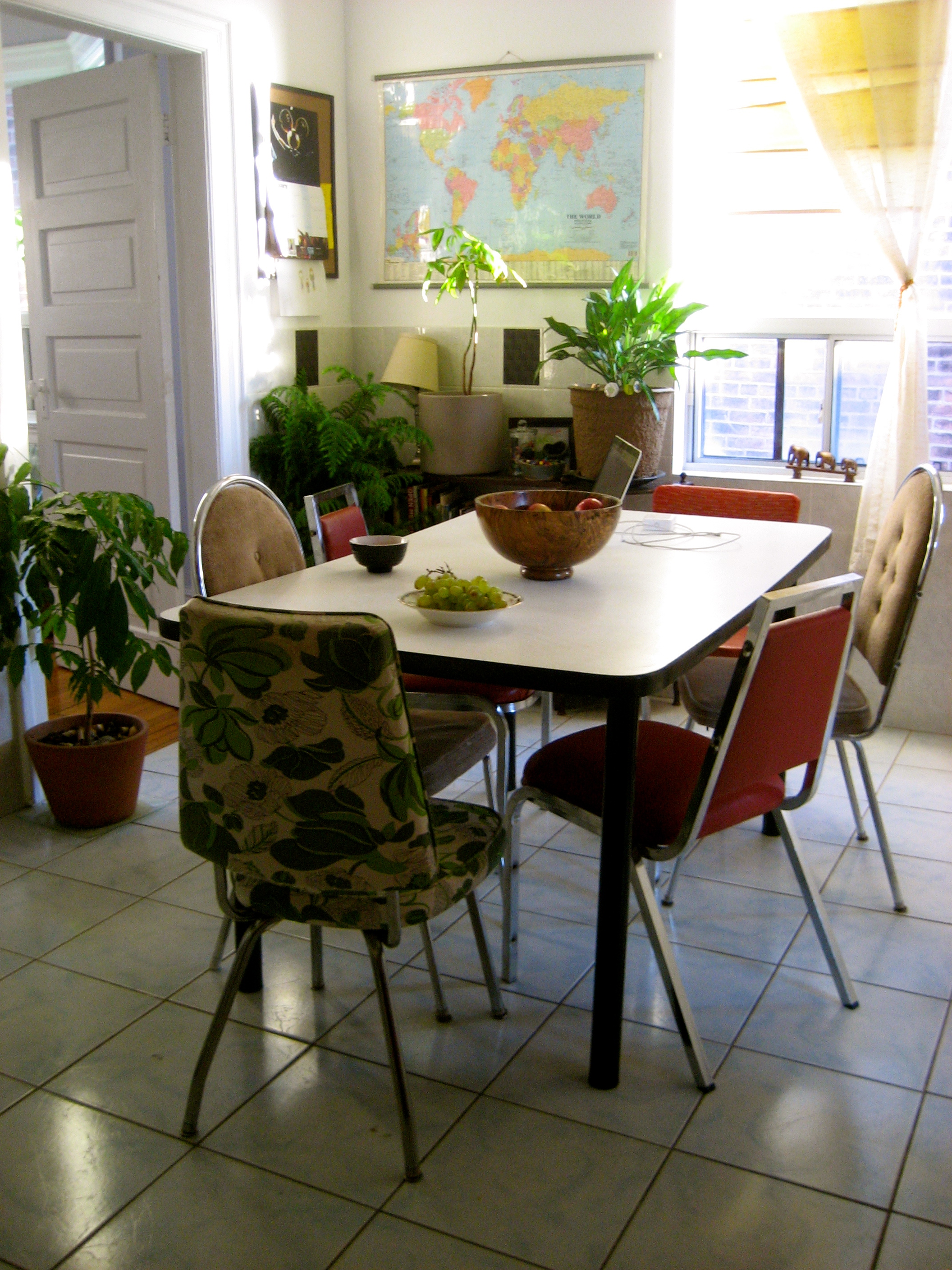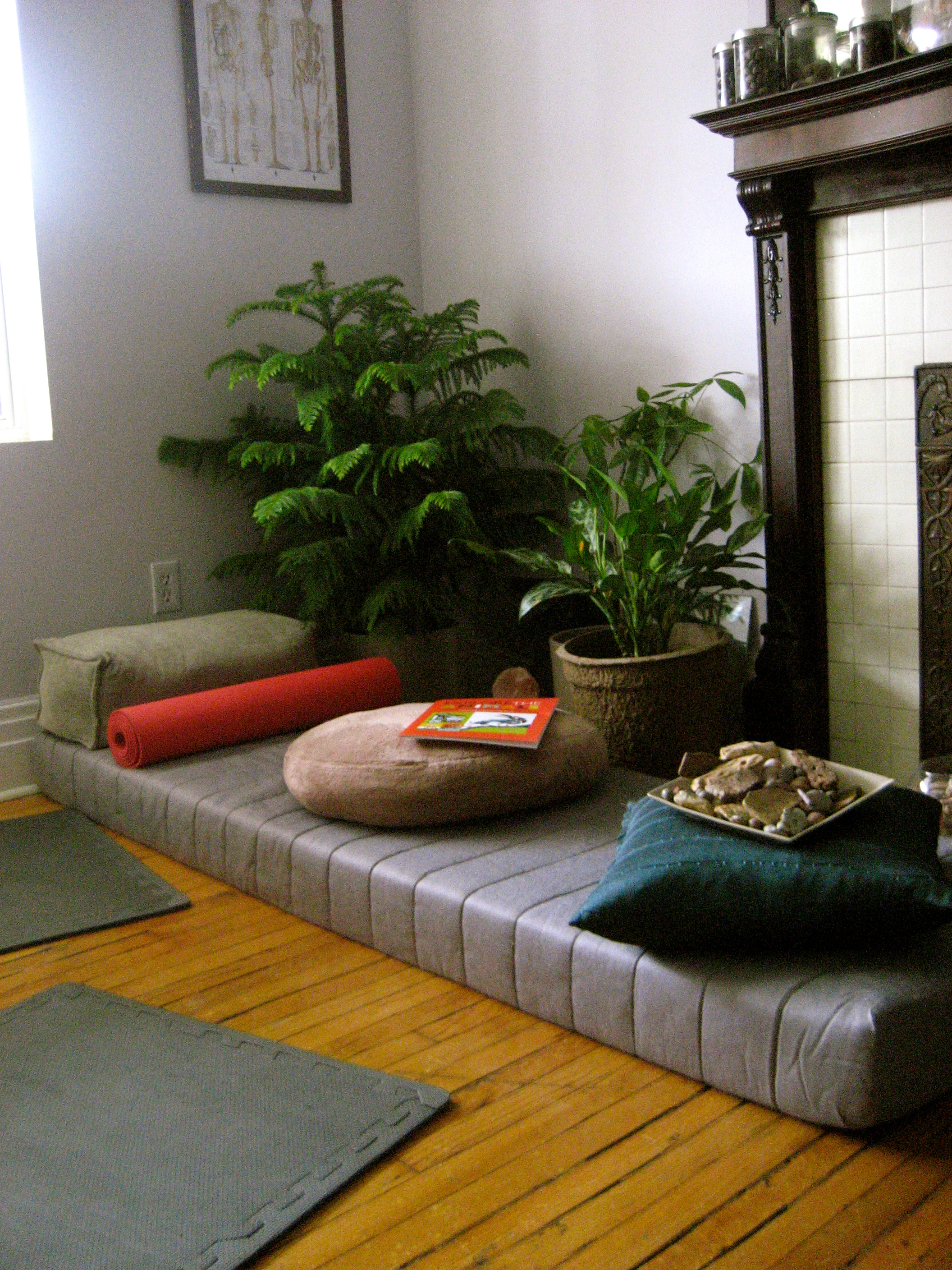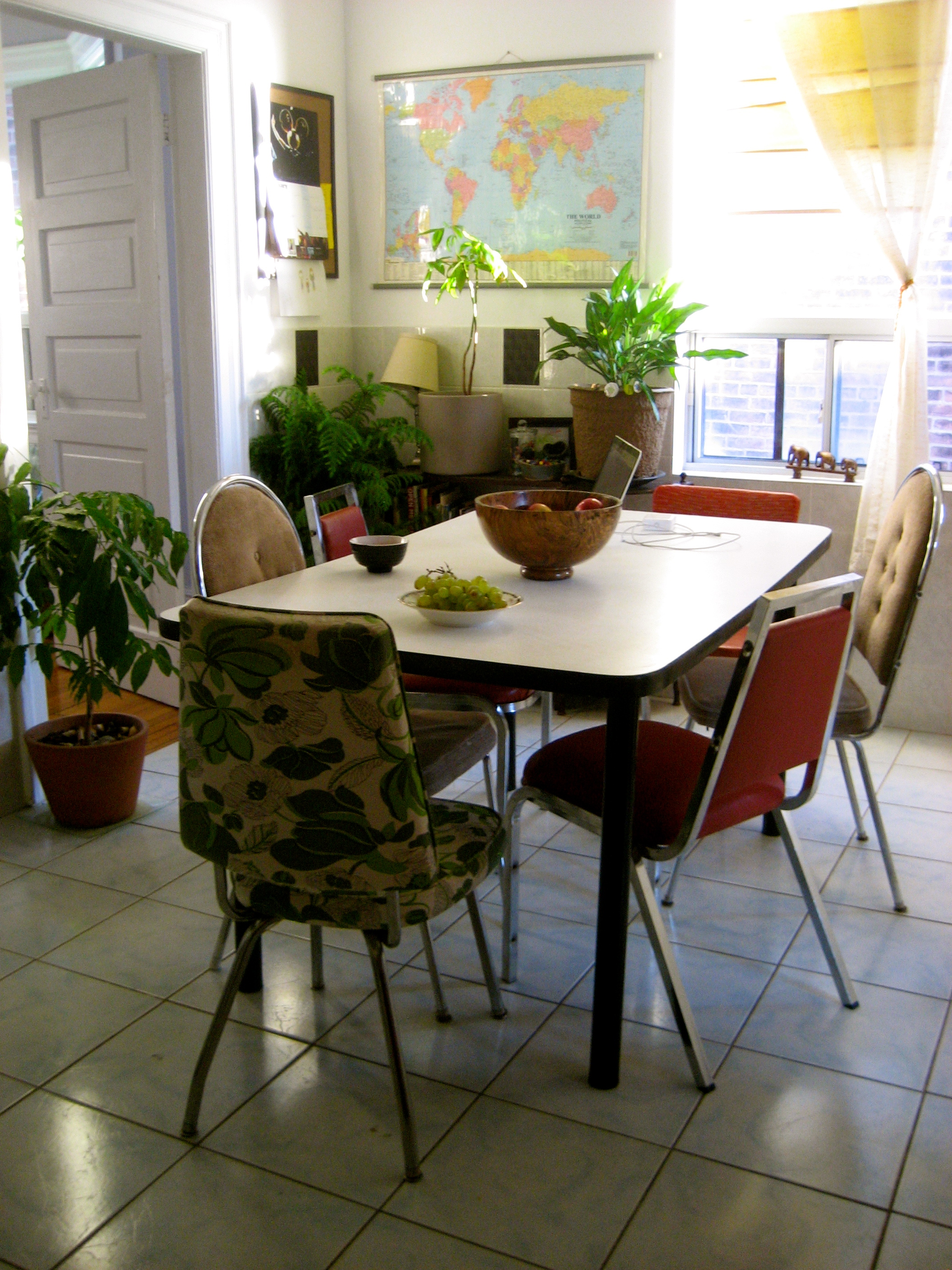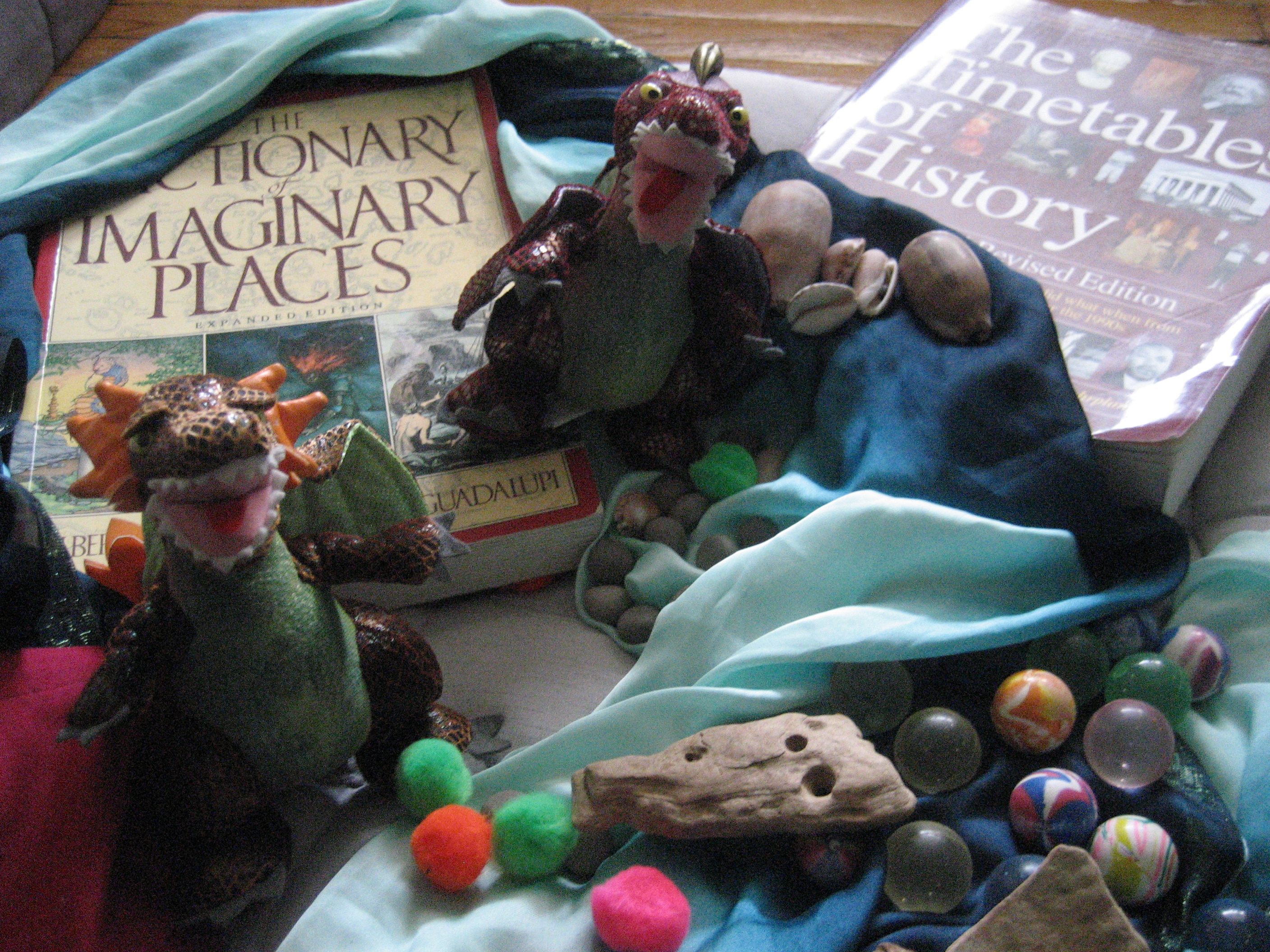Healthy Debate allows you to:
- Think on your feet
- express thoughts clearly & with originality
- see and articulate both sides of an argument
- build resilience & adaptability
- create impressive conflict resolution/negotiation skills
The Practice of Debate
- Being able to persuade those around you is a valuable tool that provides some of the essential social/cognitive needs for optimum brain health.
- Debate engages us in using critical thinking, making us aware of what other people are thinking and to interact with them with empathy, and responsibility.
- Being a part of a team, you have to deal with the process of working things through in a group effort, creating instant social awareness.
By having different partners each debate, the Debater learns to negotiate in different scenarios; sometimes on a persons side, sometimes against them.
Neurology of learning
Long-term potentiation is the underlying cellular mechanism that makes learning and memory possible
Actions involving new learning stimulate neurons in the brain that function as strengtheners for the neural pathways. When you stimulate neurons, you improve the ability for two neurons to communicate with each other; the more they communicate, the stronger the synapse; the stronger the synapse, the easier it is to learn and remember. This is ‘Long-Term Potentiation’.
The key? Constant generation of new ideas, with learning that involves repetition, repetition, repetition.
Baking & Brainstorming
Brainstorming – Dialectic method – Look at argument from many different angles. What is the Plotline of this story? What figures from history, leaders in science, industry, the arts give credance for or against the arguments?
Baking – When a child is learning whilst engaged in a play activity involving the senses, memory retention is enhanced; the more stimuli that activates the brain, the brain ‘tags’ a stronger perception, and recollection, of events.
Practical Wisdom
Loosely translated, practical wisdom combines a capability of rational thinking, with a type of knowledge. It requires the capability to rationally consider actions which can deliver desired effects; however it is not simply skill; as it involves not only the ability to decide how to achieve a certain end, but also the ability to reflect upon and determine good ends consistent with the aim of living well overall.
Aristotle said, “Often in dealing with other people, we need to bend the rules.” Dealing with other people demands a kind of flexibility that no set of rules can encompass. Wise people know when and how to bend the rules. Wise people know how to improvise. – Sir Ken Robinson
YogaPlot believes wise people know how to argue. Check out the Debate schedule
Want some more great information?
Check out the Five components of Emotional Intelligence & The Franklin Institute’s amazing website of brain facts!

